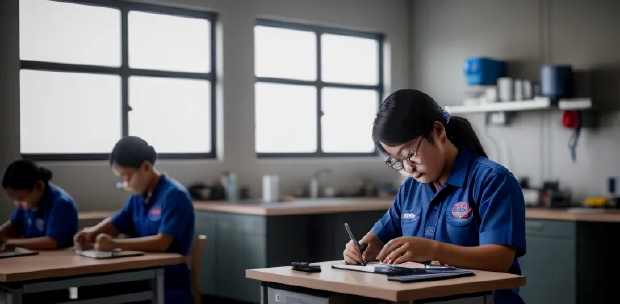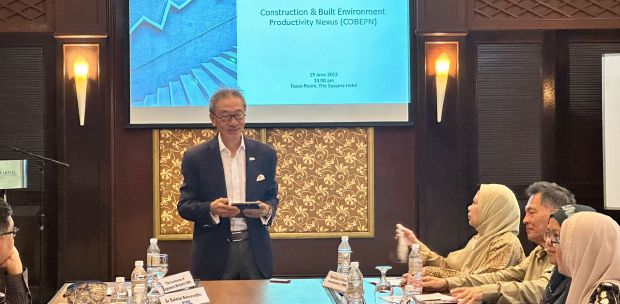THE Shared Prosperity Vision 2030 (SPV 2030) was introduced about two years ago to replace Vision 2020, which did not fully materialise.
The economic structure that evolved in the last 30 years failed to create economic activities and services that would lead to high value-added and national income, allowing us to escape the middle-income trap and make us a high-income nation.
While we were able to markedly reduce absolute poverty from 1990 to 2020 based on a poverty line income, the extent of relative poverty is still significant.
The urban poor is growing in number, while in terms of income distribution, the number of households hovering just about or just above the poverty line income, or the Bottom 40 per cent level, amid this pandemic has increased.
The income share of the B40 group with the M40 group could be diminished, with rising unemployment and lower productivity at individual worker level. However, right now, we are lucky because we have the pandemic to blame.
Perhaps at this juncture we need to step aside and reflect on where our development formulae have stopped us from achieving a much faster income growth trajectory during the Vision 2020 period, in particular the years that were considered normal (not in crisis, like 1997 to 1998 and 2008).
In this context, we may need to examine the South Korean model, which has put the nation very much ahead of ours within about three decades. They are not only good in automobile and consumer electronics manufacturing, but are also ahead of us in cosmetics and the arts. South Koreans are doing well in international sports, too.
We can blame, for a start, the low value-added labour-intensive manufacturing that we have invested in since the early 1990s as a factor. We can also blame the slow take off in K-related economic activities based on research and development, creativity and innovation.
To be sure, we have invested in good infrastructure, such as airports, ports, highways and in good golf courses, too.
In the early 1970s, a researcher put succinctly the role and presence of the "Need for Achievement factor" (nAch) to explain the success of individuals and nations.
If one analyses South Korea, its society has high nAch factor. The quest for success and achievements is there. Its ecosystem, be it social, economic or political, seems to support itself to ensure success in many fields.
That said, perhaps South Korea's social reward and punishment system explains its people's high determination and need to achieve success.
Economic growth experts summarily put the high economic achievements of countries as the result of the contributions of the third factor productivity (TFP).
This factor explains 60 to 70 per cent of economic growth or the rise in value-added growth in developed countries, such as Japan and Germany. In contrast, the contribution of TFP to growth in Malaysia is below 35 per cent, and much lower during bad economic times.
TFP is the residual factor in explaining the rise in total output beyond what can be explained by increases in capital (K) and labour (L). If output growth is largely associated with the rise in L and K, then we are an input-driven economy, which was the experience of Russia in the last century.
We need to enhance the contribution of TFP if we are to achieve greatly shared prosperity. How do you go about doing this? We need many new normals, so to speak.
Our system of social rewards, recognition and punishment must be anchored on nothing else but productivity, efficiency and excellence, as well as integrity, in social, cultural and economic undertakings in the public and private sectors.
In short, it is the way we organise our production system so that everyone contributes his or her maximum to society.
This culture must be promoted now. The potential rises in output or wealth that it brings are essential to the success of SPV 2030.
This cannot be derailed by political bickering, corruption and inefficiency. For the latter two matters, the civil service needs to buck up.
The writer is chairman of the Malaysian Institute of Economic Research and Academic Fellow, Universiti Sains Malaysia





